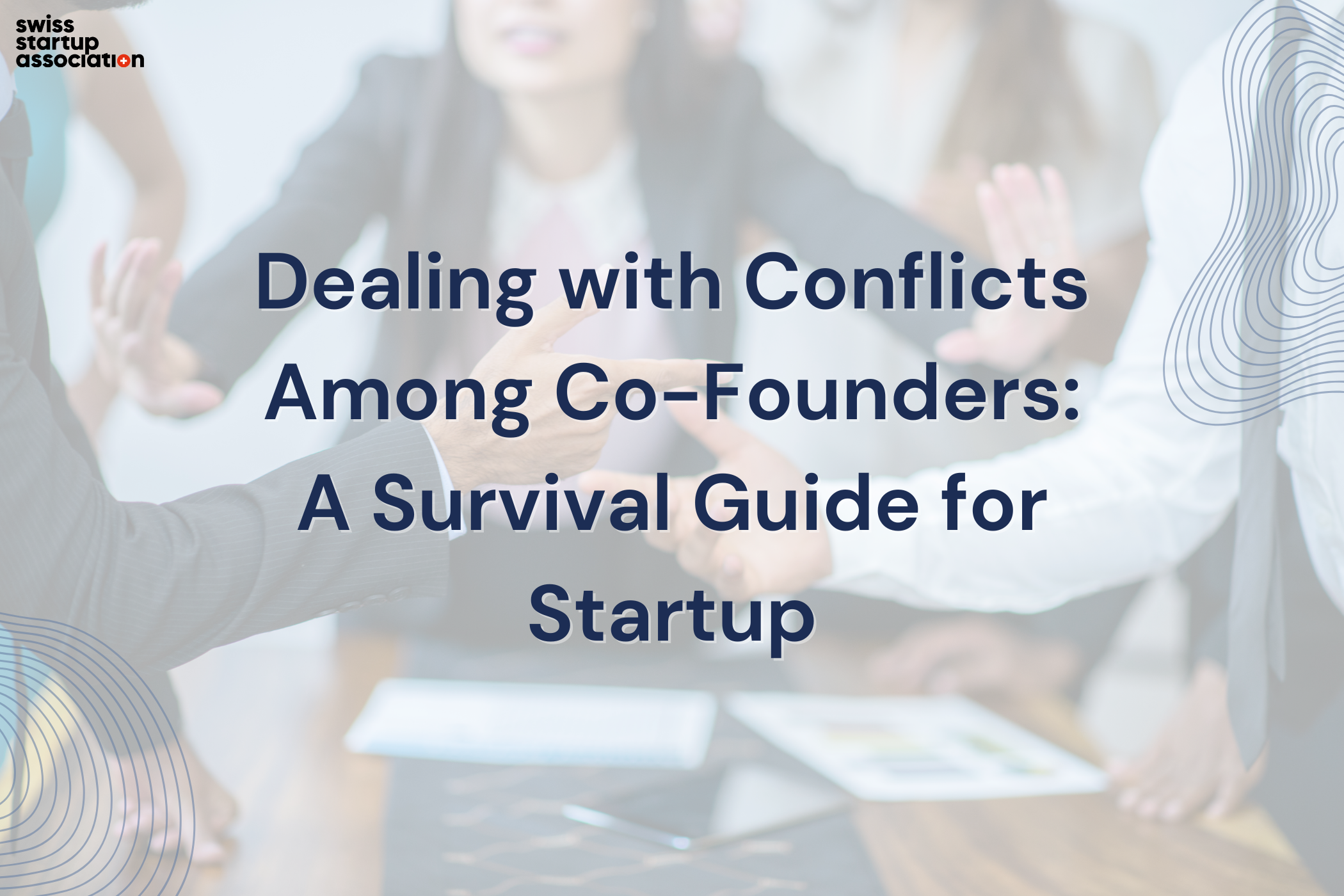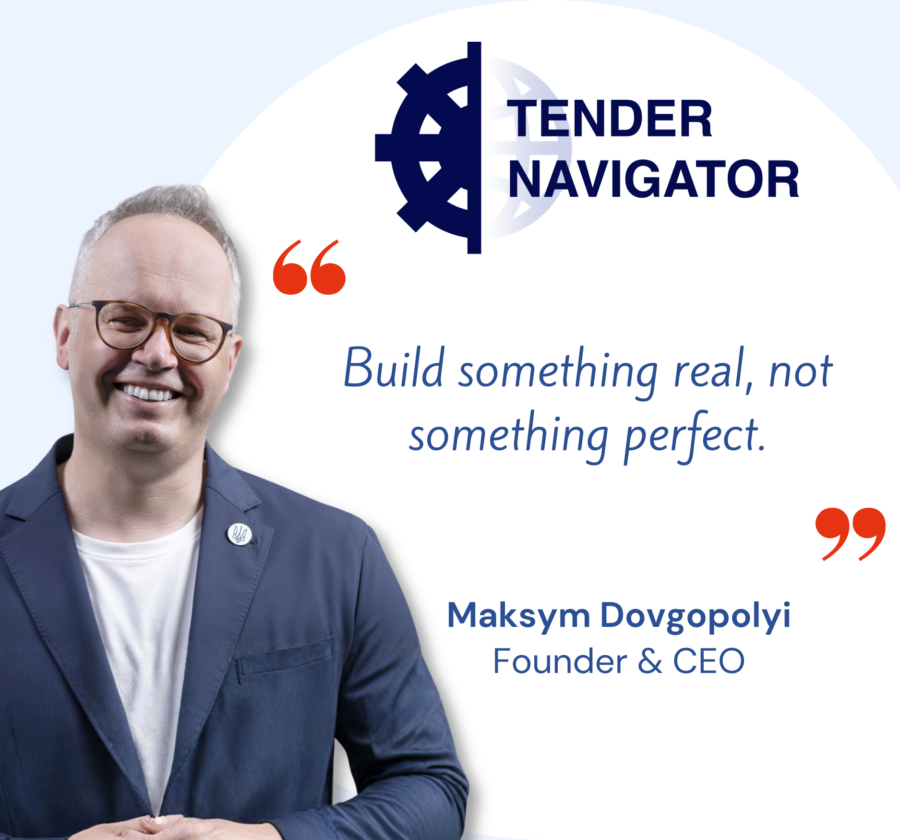
Dealing with Conflicts Among Co-Founders: A Survival Guide for Startup
Conflict between co-founders is one of the most common and dangerous reasons startups fail. In the latest webinar, Jono White, founder of Clarity Group Global and author of Step Up or Step Out, shared practical frameworks for managing conflict before it can derail a team. His key insight: most co-founder disputes do not erupt suddenly; they begin with unclear expectations.
The Real Cost of Avoiding Conflict
Startups often begin with enthusiasm and a shared vision. But as the initial excitement fades, unspoken assumptions start to surface: Who is responsible for what? Who decides on strategy, hiring, or salaries? What happens when opinions differ?
According to Jono, startup founders run into trouble not because they fight, but because they avoid conflict for too long. When a major issue finally comes up, it explodes. He calls this the “one-off big battle,” a tense and defensive confrontation that can leave lasting damage.
The Recipe for Disaster
Through his work coaching startup founders, Jono has identified a recurring pattern that often leads to co-founder breakdowns. He calls it the four-ingredient recipe for conflict:
- Unclear expectations: assuming “we’ll figure it out as we go” rarely works.
- One-off big battles: avoided conversations that eventually explode into major conflicts.
- The element of surprise: when one co-founder feels blindsided.
- Unrealistic expectations: often from high-conflict personalities who refuse to see reality.
When all four ingredients are present, even the strongest partnerships can collapse.
Clarity is the Cure
The best way to prevent major conflict is to start small, be specific, clear, and early. Jono recommends that founders regularly ask themselves and each other: “How clear am I, from 1 to 10, on my co-founder’s expectations of me?” If the score is below 7, it is time for a real conversation. Early-stage startups, in particular, need to realign regularly because roles evolve quickly as the business grows or pivots.
The Power of a “Self-Deprecating Apology”
When tensions are already high, Jono suggests starting with humility instead of blame. He calls this the self-deprecating apology, a way to lower defenses and rebuild trust. It might sound like this: “I realize I haven’t been as clear as I could have been about expectations. I’d like us to reset together.” This approach shifts the conversation from accusation to collaboration. It is not about rehashing every past mistake; it is about clarifying what success looks like going forward.
Pick Small Battles
Once expectations are clear, the next step is practice, addressing issues early and specifically. Instead of waiting until frustrations pile up, founders should have micro-conversations about small behaviors. The rule is simple: no surprises. If your co-founder looks shocked when you raise an issue, it means you have waited too long. Frequent and transparent communication does more than prevent conflict; it builds accountability, mutual respect, and resilience.
Knowing When to Walk Away
Sometimes clarity shows that alignment cannot be restored. If a co-founder consistently holds unrealistic expectations or refuses to take accountability, it may be time to part ways. Jono’s advice is to do it amicably and early, ideally with a neutral facilitator or coach to ensure discussions remain fair and focused.
Final Thoughts
Conflict does not destroy startups, avoidance does. Healthy disagreement, addressed early and clearly, strengthens trust and develops better leaders. As Jono puts it: “The work happens before the conflict. It is in those early moments when you choose clarity over comfort.”
Catch the full webinar replay in our Educational library – free for Swiss Startup Association members.
Not a member yet? Explore our membership benefits and join the community that empowers Swiss startups.
Don’t miss out on the latest news and events. Subscribe to our newsletter and stay up to date.


